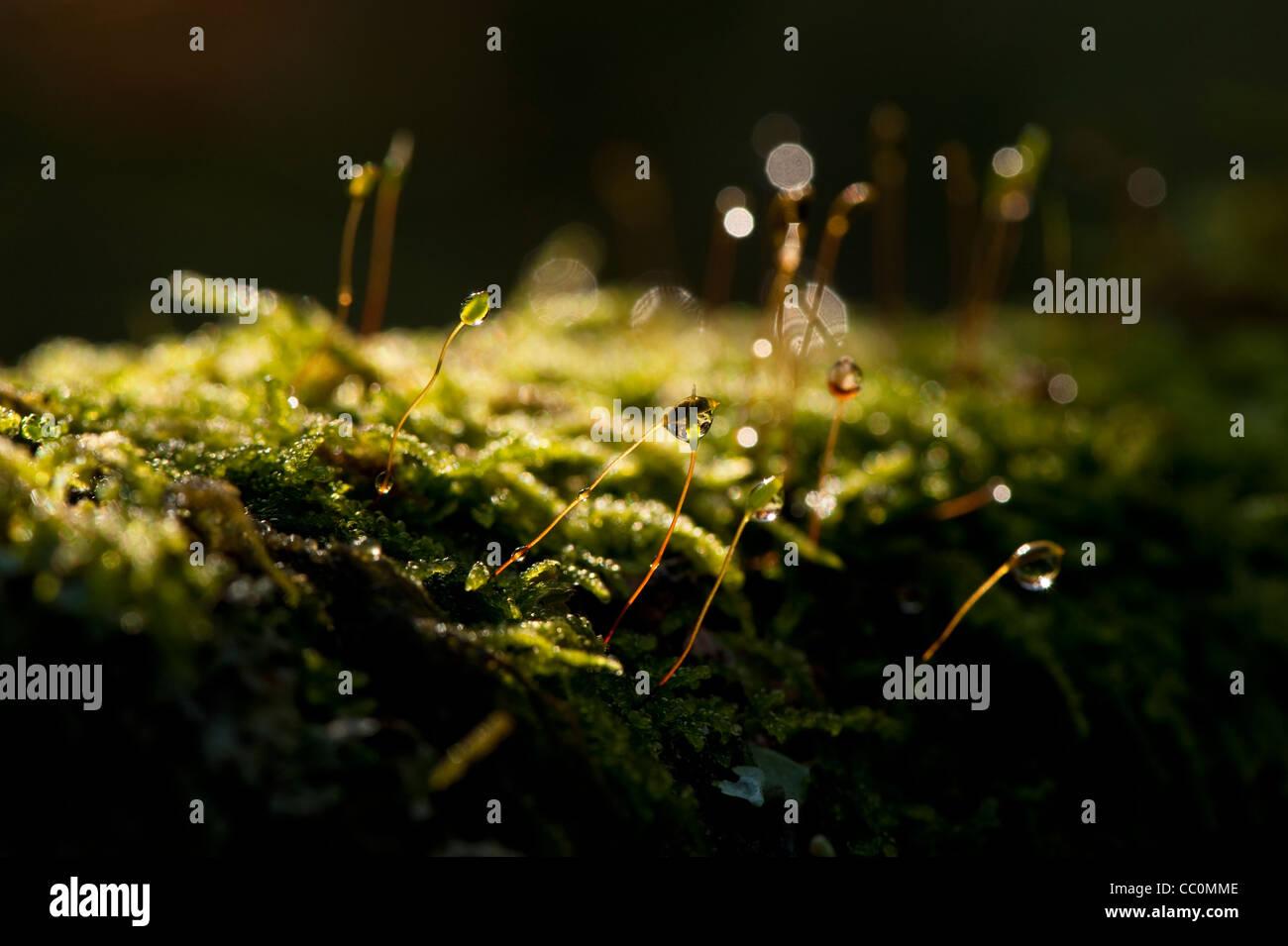
moss-growing-on-the-branch-of-an-acer-japonicum-CC0MME.jpg from: https://www.alamy.com/stock-photo-moss-growing-on-the-branch-of-an-acer-japonicum-41812862.html
Exploring the Fascinating World of Plagiobryum japonicum Nog. Moss
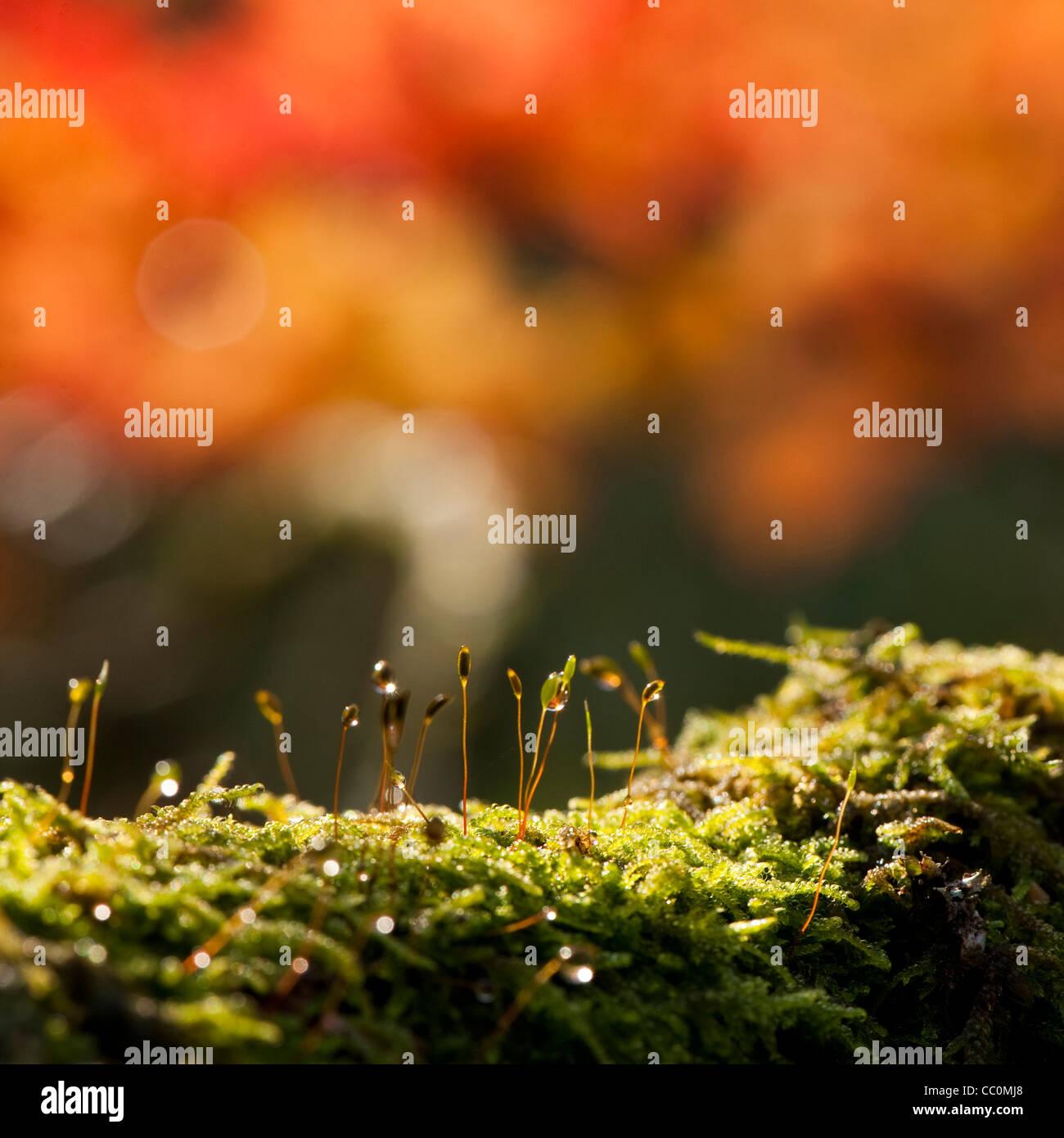
moss-growing-on-the-branch-of-an-acer-japonicum-CC0MJ8.jpg from: https://www.alamy.com/stock-photo-moss-growing-on-the-branch-of-an-acer-japonicum-41812800.html
Introduction
Mosses are often overlooked, but they play a vital role in many ecosystems around the world. One particularly interesting species is Plagiobryum japonicum Nog., also known simply as Plagiobryum. This small but mighty moss belongs to the Bryaceae family and has some unique characteristics. In this blog post, we’ll take a closer look at this fascinating plant.
Background
Plagiobryum japonicum Nog. is a species of moss, which are non-vascular plants in the division Bryophyta. Mosses are small, low-growing plants that lack true roots, stems, and leaves. Instead, they have root-like rhizoids, stem-like structures, and leaf-like phyllids. Mosses reproduce via spores rather than seeds and are found in a wide range of habitats worldwide.
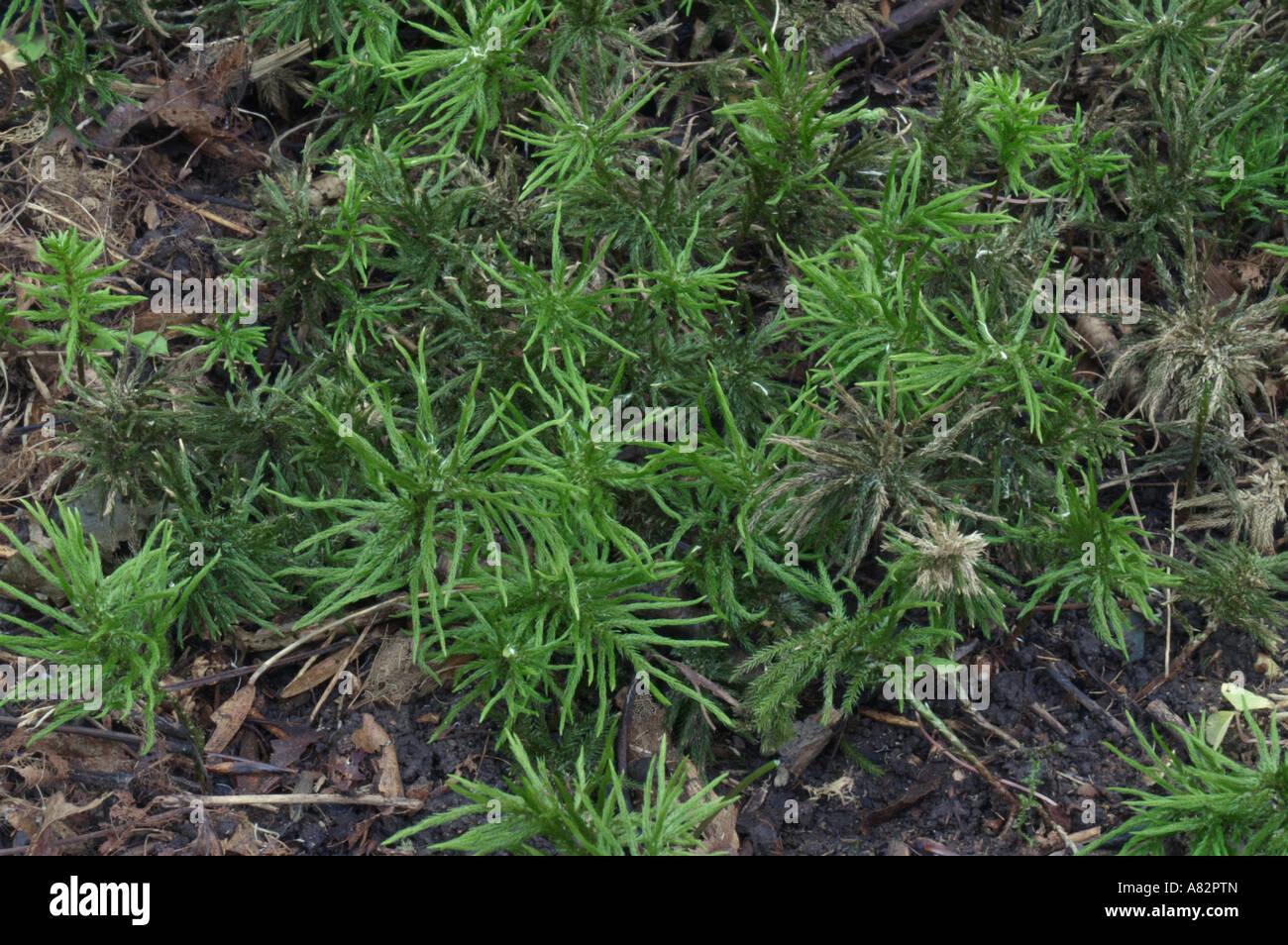
climacium-moss-climacium-japonicum-A82PTN.jpg from: https://www.alamy.com/stock-photo-climacium-moss-climacium-japonicum-11968388.html
Morphology and Identification
Plagiobryum japonicum Nog. is a relatively small moss, typically growing in dense tufts or cushions. Its phyllids are ovate to lanceolate in shape and have a distinct border of elongated cells. The costa (midrib) of the phyllids is strong and often extends beyond the tip as a short point.
The sporophytes (spore-producing structures) of P. japonicum are notable, with a capsule that is inclined to pendulous and has a distinct peristome (toothed opening). The seta (stalk) supporting the capsule is elongated and often curved.
Global Distribution and Habitat
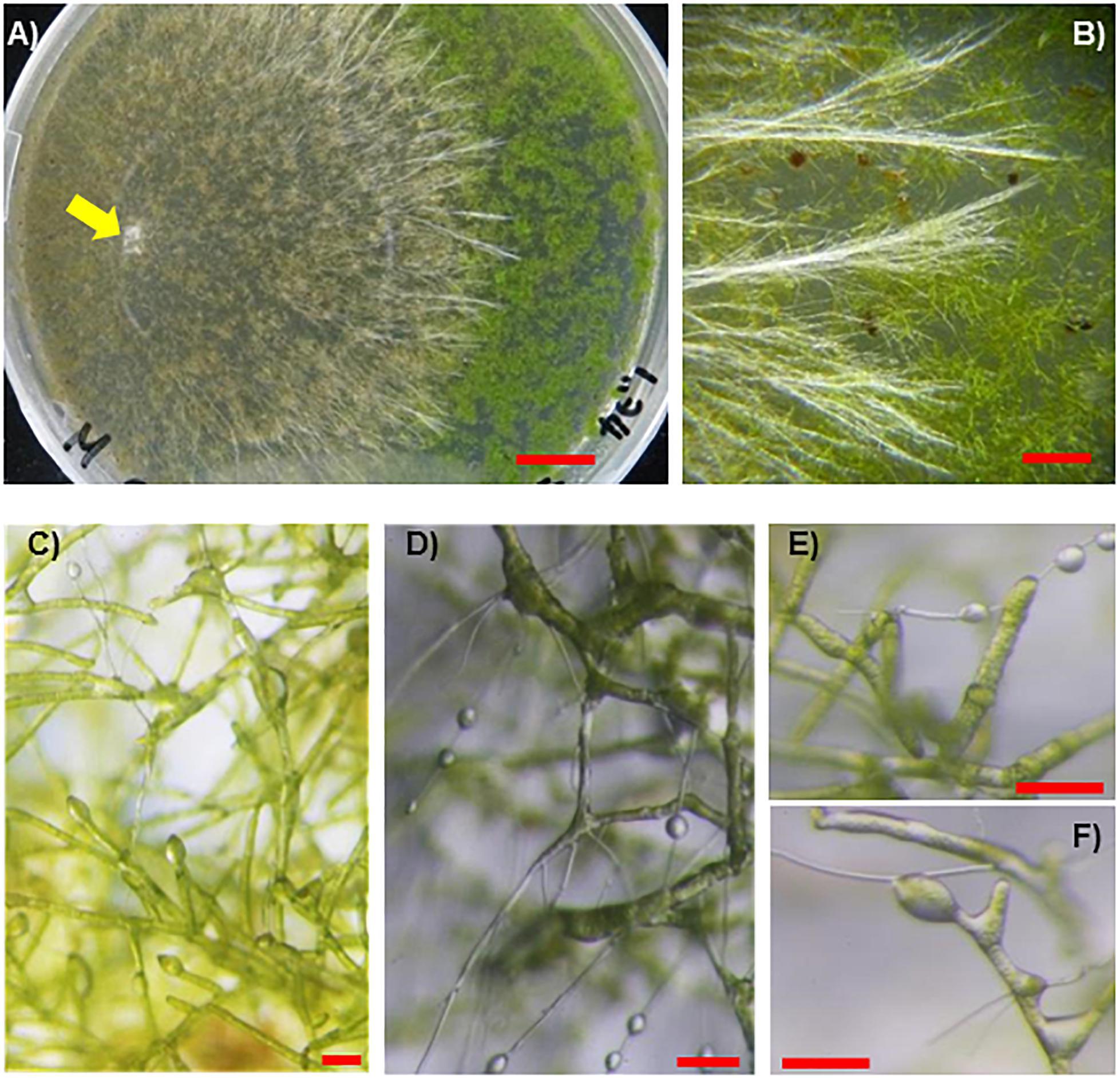
fmicb-10-00372-g006.jpg from: https://www.frontiersin.org/articles/10.3389/fmicb.2019.00372/full
Plagiobryum japonicum Nog. has a relatively wide distribution, being found in Asia, Europe, North America, and Africa. It typically grows on rocks, soil, or tree bark in moist, shaded environments such as forests, ravines, and stream banks.
This moss is particularly well-adapted to calcareous substrates, meaning it thrives on limestone and other calcium-rich rocks. It can often be found growing in crevices or on ledges where moisture accumulates.
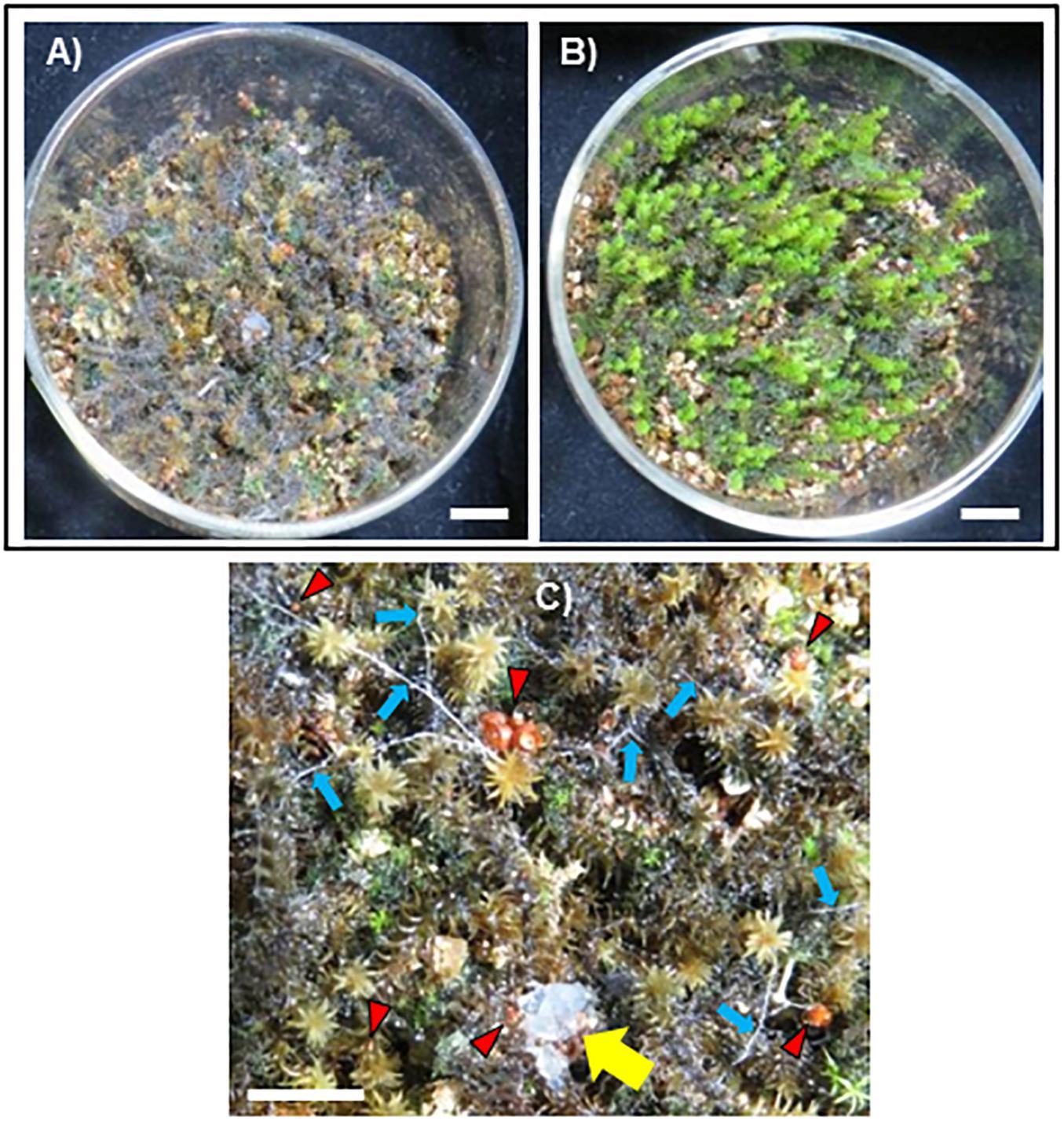
fmicb-10-00372-g003.jpg from: https://www.frontiersin.org/articles/10.3389/fmicb.2019.00372/abstract
Ecological Roles and Adaptations
Like many mosses, Plagiobryum japonicum Nog. plays important ecological roles:
- Erosion control: Its dense growth helps stabilize soil and prevent erosion on slopes and stream banks.
- Water retention
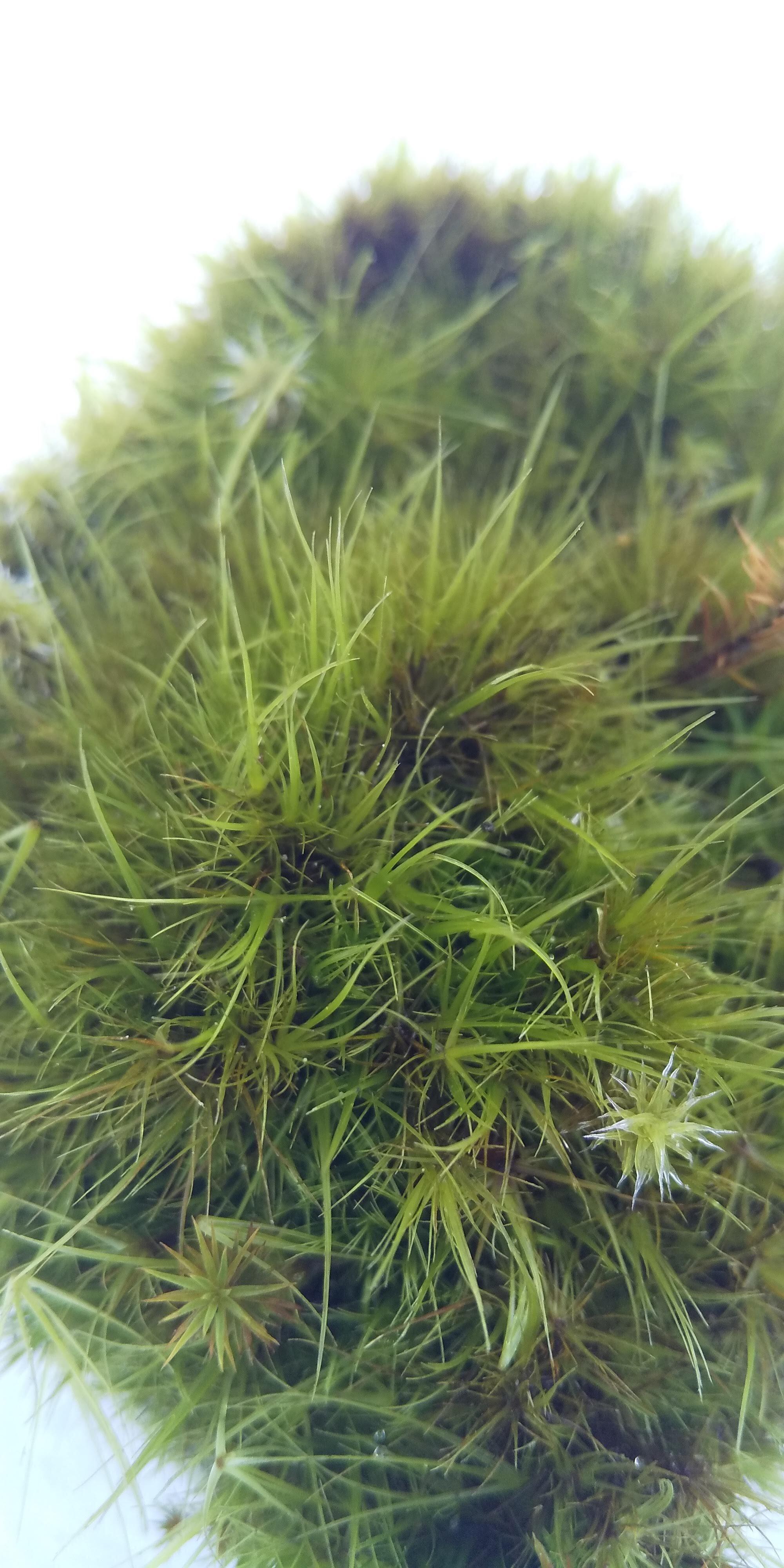
544f56bd79d8fdf4d3dd599f7650b34e.jpg from: https://mossymossyjp.thebase.in/items/38315347
: Moss cushions absorb and retain moisture, regulating humidity in their immediate environment.
- Habitat provision: Many small invertebrates make their homes among moss cushions.
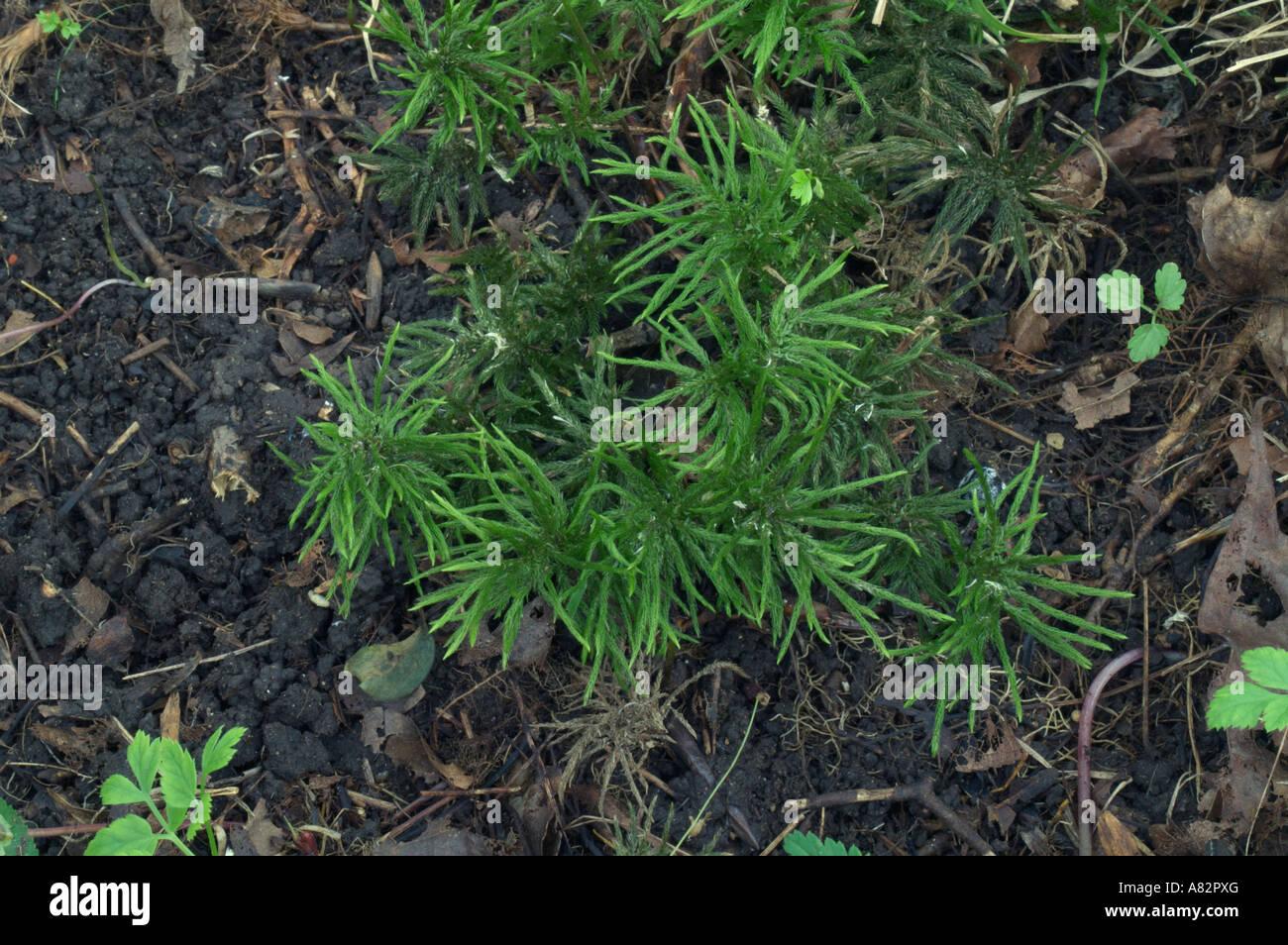
climacium-moss-climacium-japonicum-A82PXG.jpg from: https://www.alamy.com/stock-photo-climacium-moss-climacium-japonicum-11968407.html
P. japonicum has several adaptations that allow it to thrive in its preferred habitats:
- Desiccation tolerance: It can survive periods of drought by going dormant until moisture returns.
- Efficient water transport: Its phyllids are covered in tiny, water-repellent papillae that help channel moisture to the plant.
- pH tolerance: It can grow on highly alkaline substrates that would be inhospitable to many plants.
Conclusion
Plagiobryum japonicum Nog. may be small, but it is a remarkable moss with a wide distribution and important ecological roles. Its unique adaptations allow it to thrive in challenging environments and contribute to the biodiversity of many ecosystems. Next time you’re out in nature, take a closer look – you might just spot some Plagiobryum! What other overlooked organisms in your area play surprisingly vital roles?
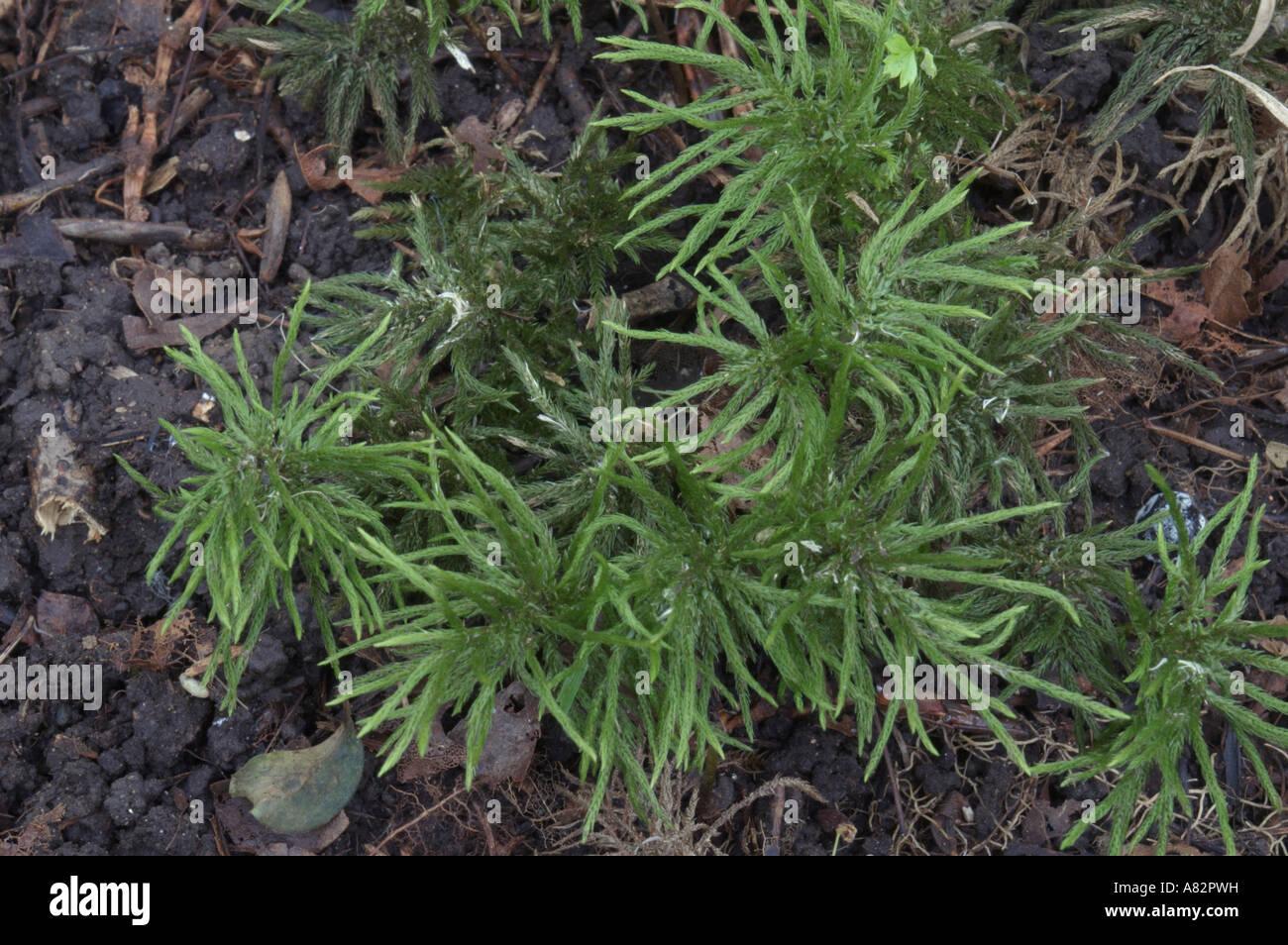
climacium-moss-climacium-japonicum-A82PWH.jpg from: https://www.alamy.com/stock-photo-climacium-moss-climacium-japonicum-11968396.html
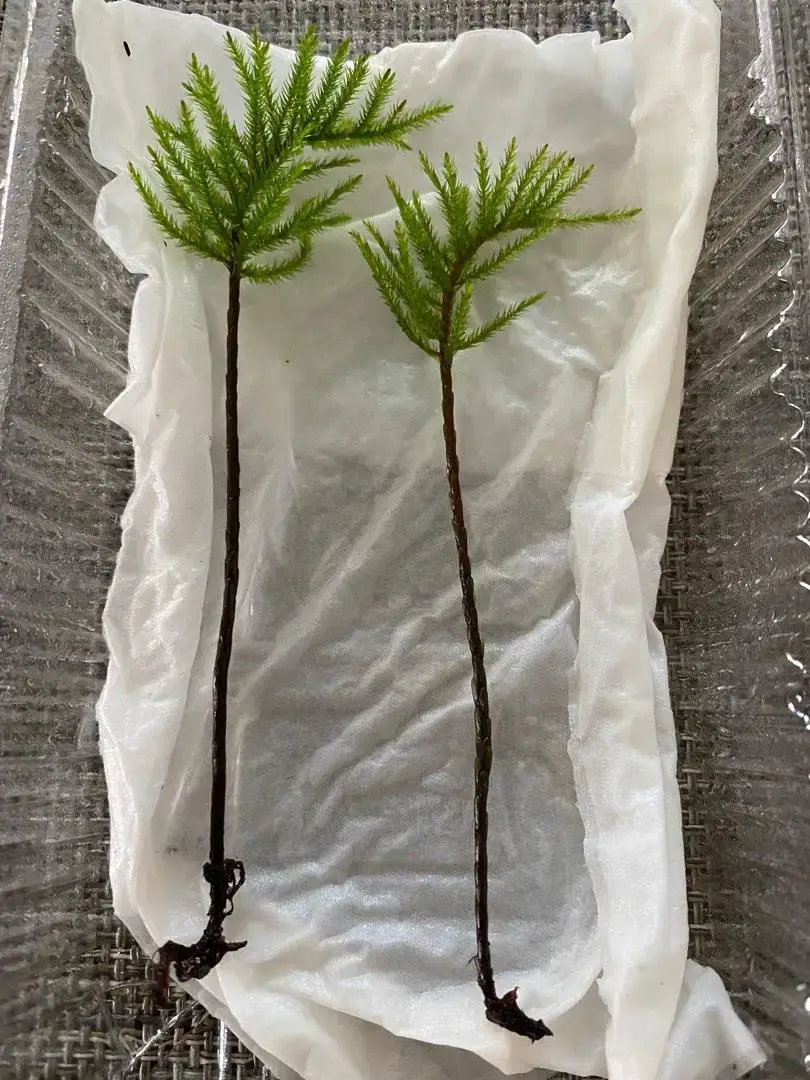
japan_tree_moss_climacium_japo_1663140514_9f1fc370.jpg from: https://www.carousell.sg/p/japan-tree-moss-climacium-japonicum-1184776411/
ph-11134207-23020-xx3i9uffd1mvc1 from: https://shopee.ph/climacum-japonicum-terra-moss-i.571253424.22821114683